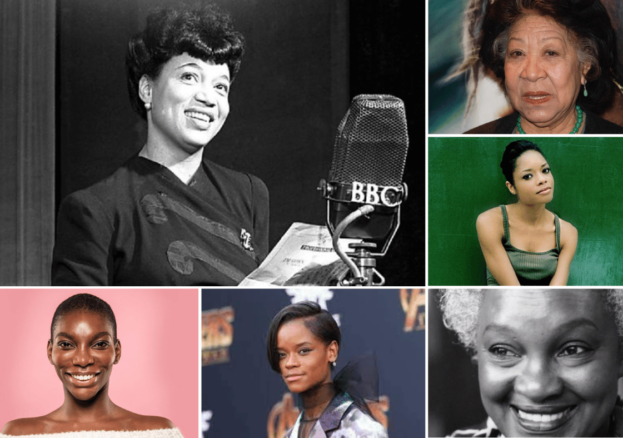
From the early 20th century to the present day, these actresses have fought against racism and discrimination to achieve success on stage, screen, and television. This article will highlight some of the most notable British Black actresses, including those from the past and present, who have helped pave the way for future generations of Black actresses in the UK and around the world.
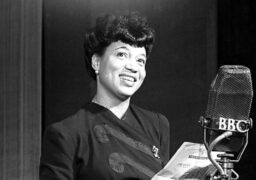
Elisabeth Welch (1904-2003) – Welch was born in New York City to a West Indian mother and American father. She began her career as a chorus girl in Broadway productions before moving to London in the 1930s. In the UK, she became a popular singer and entertainer, performing in nightclubs, revues, and musicals. She also appeared in several British films, including “The Return of Carol Deane” (1938) and “Over the Moon” (1939). She continued to perform into her 90s and was awarded an OBE (Order of the British Empire) in 1990 for her services to entertainment.
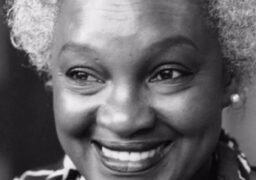
Carmen Munroe (born 1932) – Munroe was born in Jamaica and moved to the UK in the 1950s to study at RADA (Royal Academy of Dramatic Art). She began her acting career in the 1960s, appearing in British television dramas such as “The Wednesday Play” and “The Troubleshooters”. She gained widespread recognition for her role as Shirley in the BBC sitcom “The Fosters” (1976-1977). She has also appeared in several films, including “Pressure” (1976) and “The Gentleman” (2019).

Naomie Harris (born 1976) – Harris was born and raised in London to a Jamaican mother and Trinidadian father. She began her acting career in the late 1990s, appearing in British television dramas such as “The Bill” and “White Teeth”. She gained international recognition for her role as Tia Dalma in the “Pirates of the Caribbean” film series (2006-2007). She has also appeared in several critically acclaimed films, including “Moonlight” (2016), for which she was nominated for an Academy Award for Best Supporting Actress.
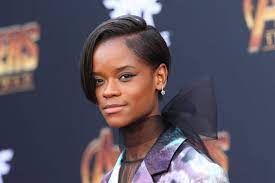
Letitia Wright (born 1993) – Wright was born in Guyana and raised in London. She began her acting career in the UK, appearing in British television dramas such as “Top Boy” and “Doctor Who”. She gained international recognition for her role as Shuri in the Marvel Cinematic Universe film “Black Panther” (2018). She has also appeared in several other films, including “Ready Player One” (2018) and “The Commuter” (2018).
Pearl Connor-Mogotsi (1925-1990) – Connor-Mogotsi was a British actress and singer of Caribbean descent. She began her career in the 1950s, appearing in several British films, including “Flame in the Streets” (1961) and “The Bargee” (1964). She was also a talented singer, and performed in various jazz and blues clubs throughout London.
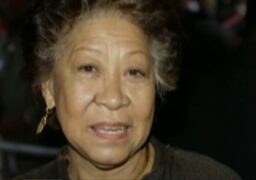
(1931-2022) – Hammond was a Jamaican-born British actress who appeared in numerous British television dramas and films, including “Burning an Illusion” (1981) and “EastEnders” (1991-1993). She was also a talented theatre actress and appeared in productions by the Royal Shakespeare Company.
Carmen Ejogo (born 1973) – Ejogo is a British actress of Nigerian and Scottish descent. She has appeared in several British and American films, including “Sally Hemings: An American Scandal” (2000), “Selma” (2014), and “Fantastic Beasts and Where to Find Them” (2016). She has also appeared in British television dramas such as “The Girlfriend Experience” (2017-2018).
Michaela Coel (born 1987) – Coel is a British actress, writer, and director of Ghanaian descent. She gained critical acclaim for her role as Tracey in the British sitcom “Chewing Gum” (2015-2017), which she also created and wrote. She has since appeared in several other British television dramas, including “Black Earth Rising” (2018) and “I May Destroy You” (2020), which she also created, wrote, and directed.
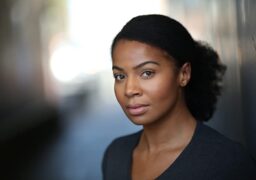
Letitia Hector (born 1991) – Hector is a British actress of Jamaican and Grenadian descent. She has appeared in several British television dramas, including “Casualty” (2013-present) and “The Split” (2018-present). She is also a writer and director, and has created several short films.
Despite the challenges they have faced, British Black actresses have continued to make strides in the entertainment industry. They have broken down barriers, shattered stereotypes, and inspired generations of young actors and actresses. As the entertainment industry continues to evolve, it is important to recognise and celebrate the contributions of these talented and dedicated performers.
By doing so, we can help ensure that future generations of British Black actresses have the opportunity to pursue their dreams and make their mark on the world stage.
